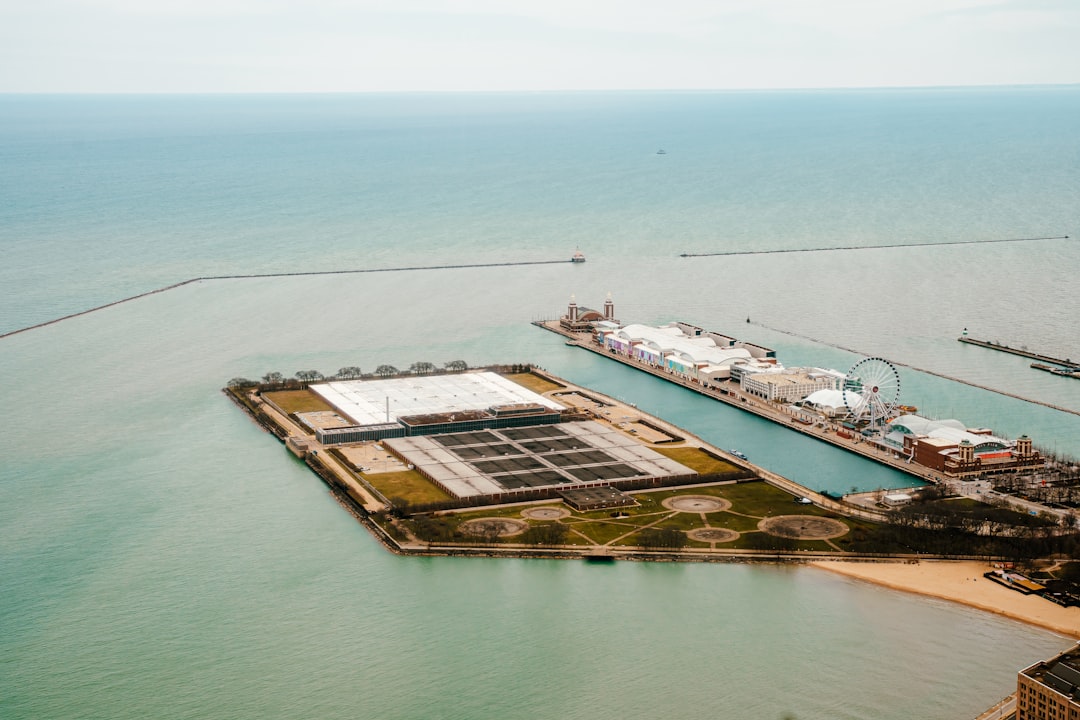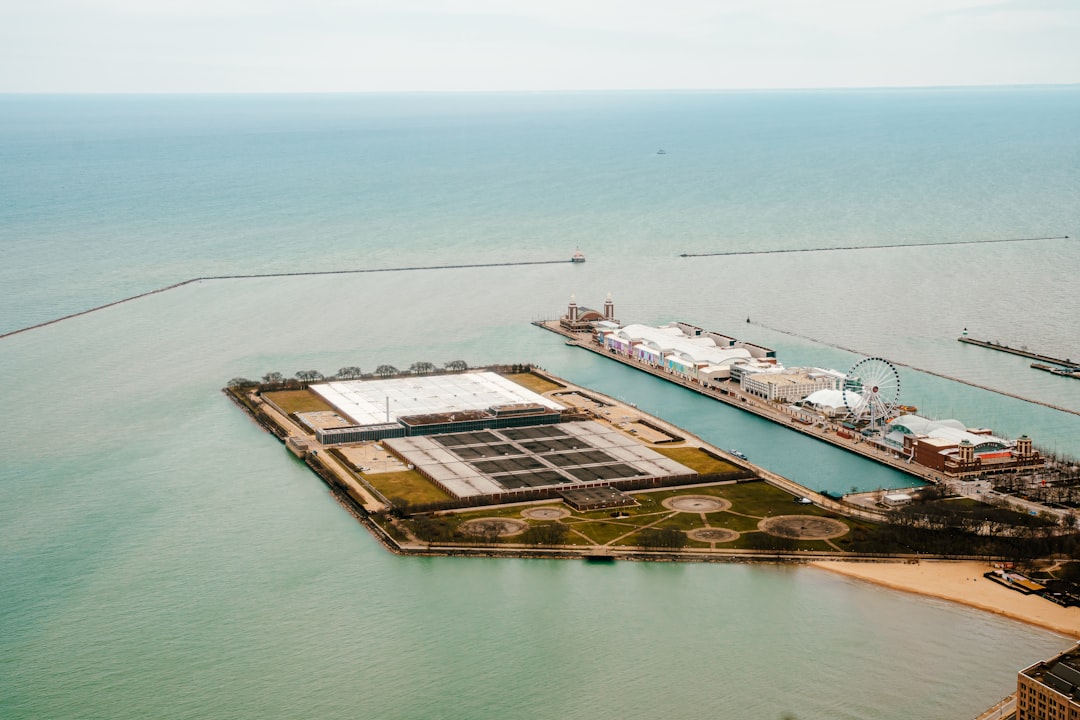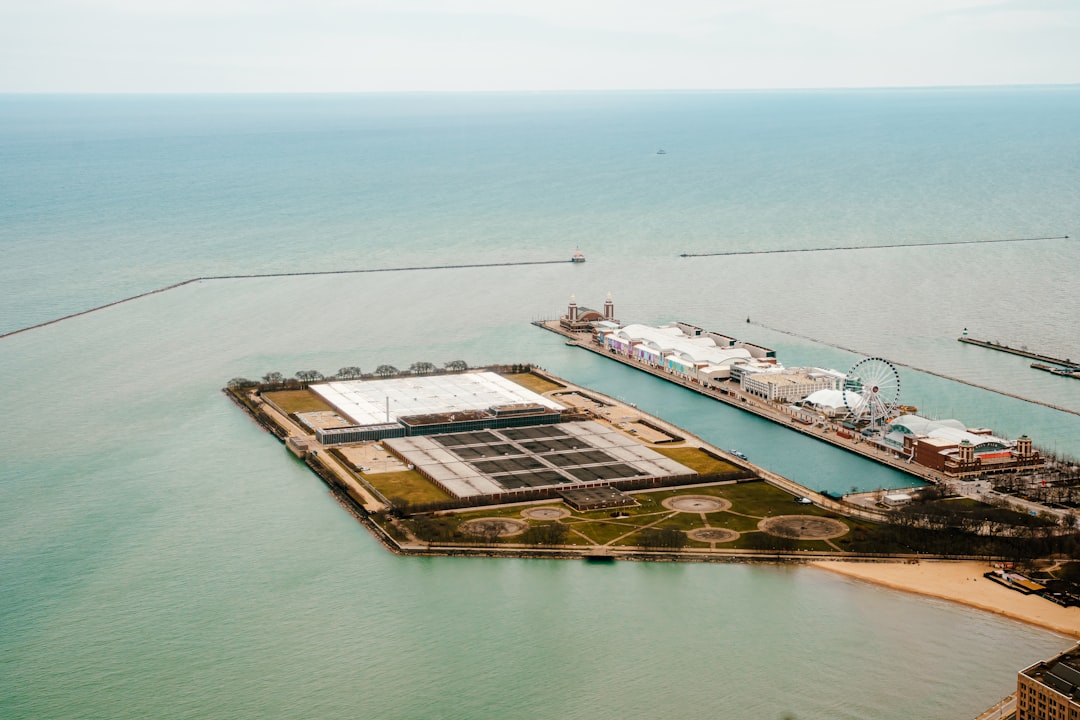Robocalls are a growing problem in Illinois, with political campaigns, businesses, and telemarketers regularly intruding on residents' privacy. While the Telephone Consumer Protection Act (TCPA) offers protections, many still face unwanted calls. Those harmed can take legal action through a spam call law firm or TCPA lawyer to sue for damages and hold perpetrators accountable under Illinois's strict TCPA regulations. Consulting with such experts is crucial in understanding rights and options, including collective action via community workshops, social media campaigns, and petitions to push for stricter anti-robocall measures.
In today’s digital age, robocalls have become a ubiquitous yet often unwanted aspect of daily life. This article explores the intricate relationship between automated telephone calls and civic engagement in Illinois. We delve into how these calls impact residents, dissect Illinois’ stringent spam call laws, and navigate the legal framework of the TCPA (Telemarketing Consumer Protection Act). Additionally, we offer strategies for effective civic participation amidst the robocall deluge, empowering Illinois citizens to protect their rights and take action against intrusive calls, including potential legal recourse through a spam call law firm or lawyer specializing in TCPA cases.
Understanding Robocalls and Their Impact on Illinois Residents

Robocalls have become a ubiquitous part of daily life in Illinois, with many residents receiving automated calls from political campaigns, businesses, and telemarketers. While some robocalls offer valuable information or promote important services, others can be intrusive, misleading, or even fraudulent. In Illinois, the Telephone Consumer Protection Act (TCPA) provides consumers with protections against certain types of robocalls, including those made without prior consent.
Understanding the impact of robocalls on Illinois residents is crucial. Many people find these calls to be a nuisance, leading to frustration and anxiety. Moreover, spam robocalls can spread misinformation, contribute to political polarization, and waste individuals’ time. Given the prevalence and potential harm of robocalls, those who feel they have been wrongfully targeted may consider legal action. A spam call law firm or lawyers specializing in TCPA cases in Illinois can help residents understand their rights and explore options, including the possibility of suing for robocalls in Illinois, to hold perpetrators accountable and deter future violations.
Illinois' Spam Call Laws: Protecting Citizens from Unwanted Calls

Illinois has stringent laws in place to protect its citizens from unwanted spam calls, offering some relief for those plagued by robocalls. The state’s Spam Call Laws, also known as the Illinois Telephone Consumer Protection Act (TCPA), are designed to curb excessive and unsolicited telemarketing activities. Under this law, businesses and call centers are prohibited from making automated or prerecorded phone calls to consumers without their prior consent.
If you’ve received robocalls in Illinois, you may have rights and options for legal recourse. A spam call law firm or lawyer specializing in TCPA cases can help determine if the violators are liable, potentially allowing you to take legal action and even sue for damages. These experts can guide you through the process of filing a complaint with relevant authorities and seeking compensation for any harassment or disruption caused by unsolicited calls.
When Is It Legal to Make Robocalls? Navigating the TCPA (Telemarketing Consumer Protection Act)

In Illinois, as in many states across the country, robocalls are regulated by the Telemarketing Consumer Protection Act (TCPA). This federal law sets strict guidelines on when businesses can contact consumers via automated telephone dialing systems, commonly known as robocalls. Generally, making robocalls for marketing purposes is legal if the caller obtains prior express consent from the recipient. This means that before dialing, companies must secure explicit permission from individuals to initiate such calls, often through sign-up forms, opt-in boxes on websites, or written agreements.
However, there are exceptions and nuances within the TCPA that can make navigating robocall legality complex. For instance, certain types of organizations, like political campaigns and non-profit groups, may contact individuals about important matters even without prior consent. Additionally, if a consumer has done business with a company in the past or has an existing relationship, robocalls for follow-up interactions might be permissible under the “existing customer” exception. If you believe you’ve received illegal robocalls or have been harmed by unsolicited calls, consulting with a spam call law firm or lawyer specializing in TCPA cases in Illinois is advisable to understand your rights and potential legal options, including the possibility of suing for damages.
Strategies for Effective Civic Engagement Amidst Robocall Floods

In the face of overwhelming robocalls, effective civic engagement can be challenging but is more crucial than ever. With political and community discussions taking place at an unprecedented pace, especially in Illinois, it’s essential to cut through the noise. One powerful strategy is to organize community-based workshops or town halls where residents can learn about their rights regarding robocalls, including the Telephone Consumer Protection Act (TCPA). These gatherings can empower citizens to take collective action against unwanted calls and encourage political candidates to adopt stricter anti-robocall measures.
Additionally, leveraging social media platforms for organized campaigns can effectively counter spam calls. By creating online petitions or sharing personal experiences with robocalls, Illinois residents can raise awareness and put pressure on lawmakers. Engaging with local representatives through these digital channels might lead to policy changes and better protection against intrusive robocalls. Moreover, employing legal expertise from reputable spam call lawyers in Illinois is a direct way to combat this issue. They can guide citizens on whether they have grounds to sue for robocalls and represent them under the state’s spam call law.
Your Rights and Resources: Taking Action Against Robocalls in Illinois

In Illinois, just as in many other states, robocalls have become a pervasive and often unwanted part of daily life. However, there are legal protections in place to help residents combat this issue. The Telephone Consumer Protection Act (TCPA) is a federal law that restricts certain practices related to telemarketing and robocalls. If you’re experiencing an excessive number of spam calls, or if a robocall has violated your privacy, you may have legal recourse.
If you believe you’ve been harmed by unwanted robocalls, considering reaching out to a reputable spam call law firm Illinois or spam call lawyers Illinois. These professionals specialize in TCPA cases and can guide you through the process of can I sue for robocalls Illinois. They’ll help determine if the calls were illegal under state and federal laws, providing options like financial compensation or an injunction to stop the calls. Remember, standing up against robocall violators is not only about personal convenience; it’s also about ensuring your civil rights are protected in the digital age.






